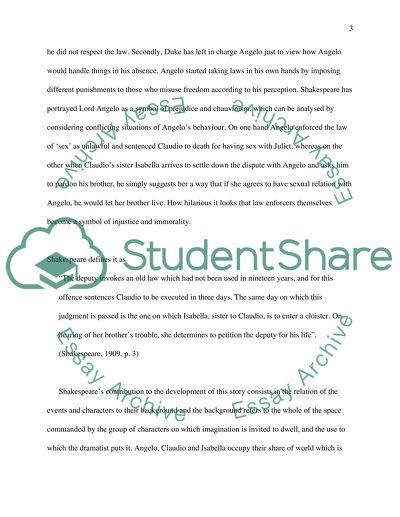Cite this document
(“Shakespeare's Measure for Measure Book Report/Review”, n.d.)
Shakespeare's Measure for Measure Book Report/Review. Retrieved from https://studentshare.org/literature/1524982-shakespeares-measure-for-measure
Shakespeare's Measure for Measure Book Report/Review. Retrieved from https://studentshare.org/literature/1524982-shakespeares-measure-for-measure
(Shakespeare'S Measure for Measure Book Report/Review)
Shakespeare'S Measure for Measure Book Report/Review. https://studentshare.org/literature/1524982-shakespeares-measure-for-measure.
Shakespeare'S Measure for Measure Book Report/Review. https://studentshare.org/literature/1524982-shakespeares-measure-for-measure.
“Shakespeare'S Measure for Measure Book Report/Review”, n.d. https://studentshare.org/literature/1524982-shakespeares-measure-for-measure.


